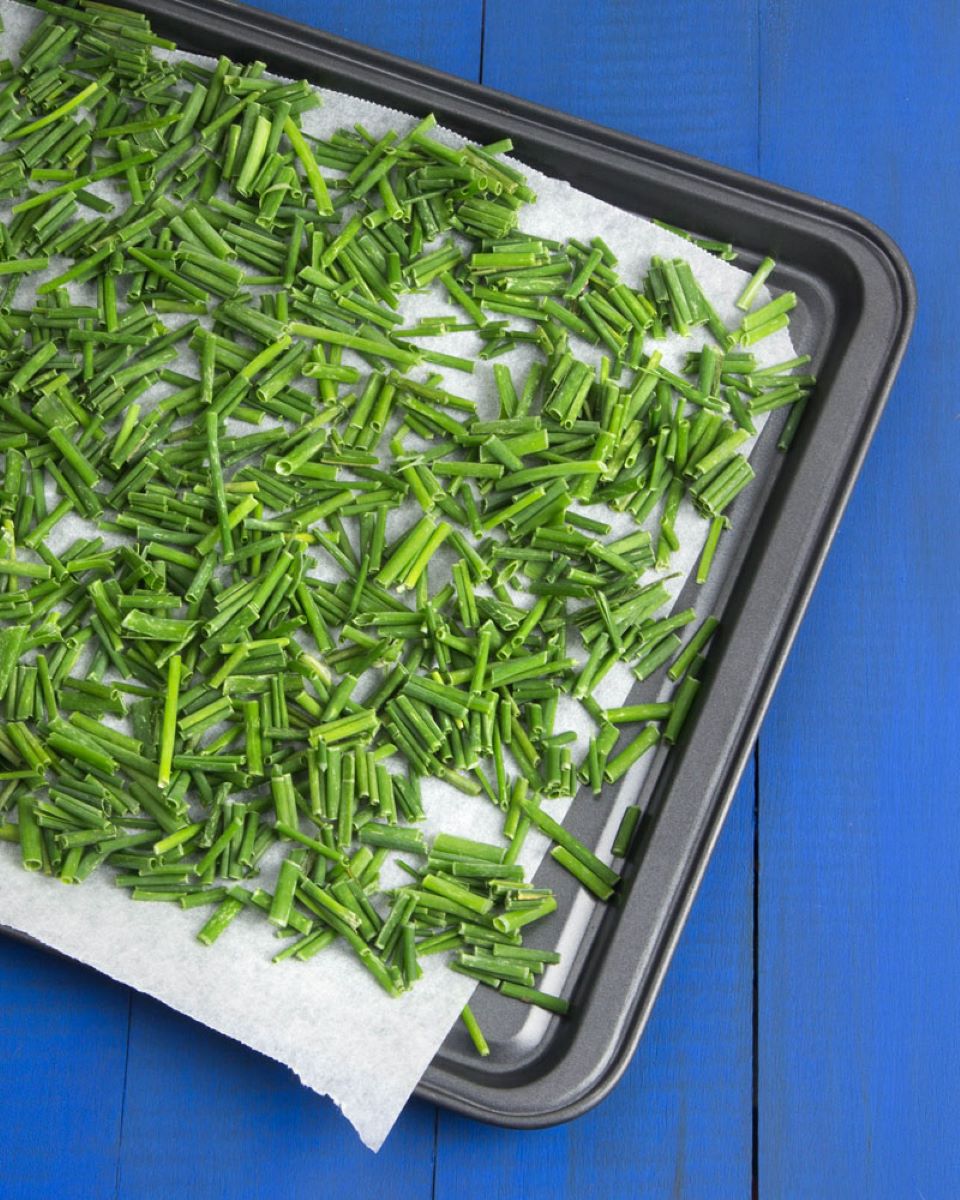

Articles
How To Store Fresh Cut Chives
Modified: December 7, 2023
Learn how to store fresh cut chives in this helpful article, filled with tips and tricks to keep your herbs fresh for longer.
(Many of the links in this article redirect to a specific reviewed product. Your purchase of these products through affiliate links helps to generate commission for Storables.com, at no extra cost. Learn more)
Introduction
Fresh chives are a delightful addition to any dish, providing a burst of flavor and a vibrant touch to your culinary creations. Whether you’ve grown your own chives in the garden or picked up a bunch from the local market, it’s essential to know how to store them properly to maintain their freshness and flavor for as long as possible.
In this article, we will guide you through the process of storing fresh cut chives to ensure their longevity and usability. You’ll learn about the different storage options available, from refrigeration to freezing, and discover tips for maintaining the quality of your chives over time.
So, if you want to make the most of your fresh chives and avoid wasting any of their delicate flavor, read on to find out the best practices for storing fresh cut chives.
Key Takeaways:
- Properly storing fresh cut chives is crucial to maintain their flavor, color, and nutrients. Refrigeration, freezing, and alternative methods like drying or infusing in oil/vinegar offer versatile options for preserving chives.
- Following simple tips such as using airtight containers, harvesting at the right time, and refreshing wilted chives can help maximize their freshness. Whether you’re a professional chef or a home cook, mastering chive storage ensures year-round culinary delight.
Read more: How To Store Chives
Why store fresh cut chives?
Freshly cut chives have a limited shelf life due to their high moisture content and delicate nature. If left exposed to air and moisture, they can quickly wilt, lose their vibrant green color, and develop a less appealing texture. Storing fresh cut chives properly is crucial to extend their freshness and ensure they’re available for use in your culinary endeavors whenever you need them.
By properly storing fresh cut chives, you can enjoy their flavor and aroma for an extended period, even after they have been harvested. This means that you can have this versatile herb on hand to enhance the taste of various dishes, whether it’s sprinkling them over salads, adding them to soups, or using them as a garnish.
Moreover, chives are rich in essential nutrients, including vitamins A, C, and K, as well as minerals like potassium and calcium. By storing fresh cut chives properly, you can preserve these nutrients, ensuring that you have access to their health benefits for a longer time.
Storing fresh cut chives also enables you to take advantage of their availability during peak seasons or when you have an abundant harvest from your own garden. By properly storing them, you can enjoy the flavors and benefits of chives throughout the year, even when they may not be readily available in the market.
Overall, storing fresh cut chives is essential to prolong their freshness, flavor, and nutritional value. So, let’s dive into the various storage methods and tips that will help you preserve the quality of your chives for as long as possible.
Choosing the right container
When it comes to storing fresh cut chives, selecting the right container is crucial to maintain their freshness and prevent condensation build-up, which can lead to wilting and spoilage. Here are some container options to consider:
Airtight plastic bag: Using a resealable plastic bag is a convenient option for storing fresh cut chives. Ensure that the bag is airtight to prevent air and moisture from entering and causing the chives to wilt prematurely. Squeeze out as much air as possible before sealing the bag.
Glass or plastic container with lid: A clean glass or plastic container with a tight-fitting lid can also be a suitable option for storing fresh cut chives. Make sure the container is large enough to accommodate the chives without crushing them.
Herb keeper: If you frequently use fresh herbs and want a specialized container for storing them, consider investing in an herb keeper. Herb keepers are designed with features such as water reservoirs and air vents to maintain the optimal level of moisture while keeping the chives fresh.
Regardless of the container you choose, it’s important to clean and dry it thoroughly before storing the chives. This helps prevent the growth of bacteria or mold, which can contribute to spoilage. Additionally, labeling the container with the date of storage can be helpful to keep track of the chives’ freshness.
Now that you know about the different container options, let’s move on to the next step: preparing the chives for storage.
Preparing the chives for storage
Before storing fresh cut chives, it’s essential to prepare them properly to ensure their longevity and maintain their freshness. Here are some steps to follow:
1. Rinse and dry: Start by rinsing the chives under cold running water to remove any dirt or debris. Gently pat them dry with a clean kitchen towel or paper towels. It’s crucial to ensure the chives are completely dry before storing them to prevent moisture buildup, which can lead to spoilage.
2. Trim the ends: Trim the ends of the chives to remove any wilted or damaged parts. This helps promote freshness and enhances the overall appearance of the chives.
3. Divide into smaller portions: Depending on how you plan to use the chives in your cooking, you can either store them as a whole bunch or separate them into smaller portions. Dividing the chives into smaller bundles can make it more convenient when using them in future recipes, as you can easily grab a portion without thawing or cutting more than needed.
4. Optional blanching: If you prefer to freeze the chives for longer storage, blanching them briefly can help preserve their color, flavor, and texture. To blanch, bring a pot of water to a boil and have an ice bath ready. Submerge the chives in the boiling water for about 10 seconds, then transfer them immediately to the ice bath to stop the cooking process. Pat them dry before proceeding to the storage method.
By following these preparation steps, you can ensure that your chives are clean, trimmed, and ready for storage. Now, let’s move on to the different storage methods for fresh cut chives.
Storing fresh cut chives in the refrigerator
Storing fresh cut chives in the refrigerator is a popular method to maintain their freshness for a few days. Here’s how to do it:
1. Wrap in damp paper towel: Take a damp paper towel or kitchen towel and wrap it gently around the fresh cut chives. The moisture from the towel helps to keep the chives hydrated without making them soggy.
2. Place in a plastic bag: Put the wrapped chives in a resealable plastic bag or an airtight container. This additional layer of protection helps to prevent the chives from drying out or absorbing any unwanted odors from other food items in the refrigerator.
3. Store in the refrigerator: Place the bag or container in the refrigerator’s crisper drawer or on a shelf where it will remain undisturbed. The ideal temperature for storing chives is around 35 to 40°F (1 to 4°C).
4. Check and replace the towel: Check the condition of the paper towel regularly. If it becomes too damp or starts to show signs of mold, replace it with a fresh one. This helps to maintain the proper moisture level around the chives.
When stored properly in the refrigerator, fresh cut chives can stay fresh for up to a week. However, it’s best to use them as soon as possible for the best flavor and quality.
Next, let’s explore another storage option for preserving fresh cut chives: freezing.
Store fresh cut chives in a damp paper towel, place them in a resealable plastic bag, and keep them in the refrigerator. This will help to maintain their freshness and flavor for longer.
Read more: How To Store Fresh Cut Parsley
Freezing fresh cut chives
If you’d like to extend the shelf life of your fresh cut chives beyond a week, freezing them is an excellent option. Freezing helps to preserve their flavor and aroma for several months. Here’s how to freeze fresh cut chives:
1. Prepare for freezing: Make sure the chives are clean, thoroughly dried, and trimmed to the desired length. If you blanched them earlier, ensure they are completely dry before proceeding.
2. Chop or leave whole: Decide whether you want to freeze the chives chopped or leave them whole. Chopping them into smaller pieces can make it easier to measure out portions when cooking, but if you prefer using them as whole pieces, that’s also an option.
3. Flash freeze (optional): If you want to prevent the chives from clumping together during freezing, you can flash freeze them. Arrange the chopped or whole chives in a single layer on a baking sheet and place it in the freezer for about an hour or until the chives are firm. This step helps to maintain their individuality and makes it easier to measure out smaller portions later on.
4. Pack into freezer-safe containers: Transfer the frozen chives into freezer-safe containers or resealable freezer bags. Remove any excess air from the bags to minimize the risk of freezer burn. Don’t forget to label the containers with the date for easy reference.
5. Store in the freezer: Place the containers or bags in the freezer, making sure they are lying flat to maximize space efficiency. The ideal temperature for freezing chives is below 0°F (-18°C).
6. Use within 6-12 months: Frozen chives can retain their flavor for up to 6-12 months. While they are still safe to consume beyond this period, their quality may start to deteriorate.
Now that you have frozen chives, let’s explore how to use them effectively in your recipes.
Using frozen chives
Using frozen chives is a convenient way to add a pop of flavor to your dishes, even during the times when fresh chives may not be readily available. Here are some tips on using frozen chives effectively:
1. Measure out portions: When cooking with frozen chives, it’s best to measure out the desired portions before using them. This helps prevent thawing and refreezing the excess chives, which can diminish their quality over time.
2. Add directly to recipes: Frozen chives can be added directly to hot soups, sauces, stir-fries, and other cooked dishes. There’s no need to thaw them beforehand. The heat of the dish will quickly thaw the chives, releasing their flavor into the dish.
3. Sprinkle as a garnish: Thawed frozen chives can be used as a garnish for various dishes, adding a burst of freshness and vibrant color. Sprinkle them over salads, omelets, baked potatoes, or any other dish that could benefit from a hint of onion-like flavor.
4. Blend into compound butter: Create a flavorful compound butter by blending thawed frozen chives with softened butter. This herb-infused butter can be used to elevate the taste of grilled meats, vegetables, or spread onto bread or rolls.
5. Use in dips and spreads: Thawed frozen chives can be stirred into cream cheese, sour cream, or Greek yogurt-based dips and spreads, adding a delightful onion-like flavor. Serve these flavorful dips with chips, crackers, or veggie sticks.
6. Experiment with recipes: Don’t limit yourself to traditional recipes when using frozen chives. Get creative and experiment with incorporating them into your favorite dishes. They can add a unique twist to pasta dishes, rice bowls, or even homemade bread and muffins.
Remember that frozen chives may have a slightly different texture compared to fresh ones. However, their flavor and aroma remain intact, making them a convenient alternative when fresh chives are not available.
Now that you know how to use frozen chives, let’s explore other storage methods you can consider.
Other storage methods to consider
While refrigeration and freezing are the most common methods for storing fresh cut chives, there are a few other storage methods you can consider. Here are a couple of alternative options:
1. Herb preservation: Preserve the vibrant green color and flavor of fresh chives by using herb preservation techniques such as drying or freezing in oil.
- Drying: Air drying is a simple method to preserve chives. Secure the chives into small bunches and hang them upside down in a well-ventilated area, away from direct sunlight. Once thoroughly dried (around 1-2 weeks), remove the leaves from the stems and store them in an airtight container in a cool, dark place. Dried chives can be used in soups, stews, and various other dishes.
- Freezing in oil: Another option is to finely chop fresh chives and mix them with a small amount of oil, such as olive oil or melted butter. Pour the mixture into ice cube trays and freeze. Once frozen, transfer the cubes to a freezer-safe bag or container. These chive-infused oil cubes can be added directly to recipes as a convenient way to incorporate chives into your cooking.
2. Herb vinegar: Preserve the essence of chives by making herb-infused vinegar. Fill a jar with fresh chives and then cover them with vinegar of your choice, such as white wine vinegar or apple cider vinegar. Seal the jar tightly and store it in a cool, dark place for a few weeks to allow the flavors to infuse. The resulting chive-infused vinegar can be used in dressings, marinades, or as a flavorful addition to sauces.
These alternative methods offer unique ways to retain the flavors and aroma of fresh chives for an extended period. Experiment with these techniques to find the storage method that best suits your needs and culinary preferences.
Now that you have explored various storage methods, let’s move on to some tips for maintaining the freshness of chives.
Tips for maintaining chives’ freshness
To ensure the freshness and quality of your chives during storage, consider following these tips:
1. Harvest at the right time: For the freshest chives, harvest them in the morning when the leaves are at their juiciest. Avoid harvesting them when they are wet with dew or after rainfall, as excessive moisture can lead to quicker spoilage.
2. Store unwashed: Wait to wash the chives until you are ready to use them. Excess moisture can cause the chives to wilt, so it’s best to keep them unwashed until you’re ready to incorporate them into your recipes.
3. Refresh with water: If your chives start to look slightly wilted, you can refresh them by placing the stem ends in a glass of water like a bouquet. This technique can help revive the chives and extend their shelf life for a day or two.
4. Check and remove wilting leaves: Regularly check your stored chives for any wilting or yellowing leaves. Remove them promptly as they can quickly spread spoilage to the rest of the batch.
5. Avoid moisture contact: Moisture is the enemy when it comes to storing chives. Keep them away from damp surfaces, excess condensation, or water droplets, as they can speed up spoilage.
6. Use proper storage containers: As mentioned earlier, choose airtight containers or bags to store fresh cut chives. This helps create a barrier against moisture and prevents the exchange of odors with other foods in the refrigerator or freezer.
7. Use in moderation: When using fresh chives, only cut what you need for immediate use. This minimizes waste and prolongs the freshness of the remaining chives.
8. Rotate your stock: If you harvest chives from your garden, it’s a good practice to rotate the harvest. Take turns harvesting from different areas of your chive plant to ensure continuous growth and avoid depleting one section.
By following these tips, you can maximize the freshness and flavor of your chives, allowing you to fully enjoy their culinary benefits.
Now that you have learned various methods to store and maintain the freshness of chives, let’s conclude our article.
Read more: How To Store Fresh Cut Ginger
Conclusion
Storing fresh cut chives properly is essential to preserve their freshness, flavor, and nutritional value. Whether you choose to refrigerate, freeze, dry, or infuse them in oil or vinegar, the goal is to extend their shelf life and ensure they’re readily available for use in your culinary creations.
By choosing the right container, preparing the chives correctly, and storing them at the optimal temperature, you can enjoy the vibrant green color, delightful onion-like flavor, and health benefits of fresh chives for an extended period.
Refrigerating fresh cut chives allows them to stay fresh for a week, while freezing them can preserve their flavor for up to a year. Drying chives can offer a longer shelf life, and infusing them in oil or vinegar provides unique flavors for various culinary applications.
Remember to follow the proper techniques for each storage method, such as wrapping them in damp paper towels for refrigeration, flash freezing before packing for freezing, or air drying and storing in an airtight container for preserving.
Furthermore, incorporating frozen or dried chives into your favorite recipes allows you to enjoy their essence and aroma even when fresh chives are not in season or readily available.
With the tips provided for maintaining chives’ freshness, such as harvesting at the right time, proper storage containers, avoiding moisture, and using in moderation, you can ensure the quality and taste of your stored chives.
Whether you’re a professional chef or a passionate home cook, mastering the art of storing fresh cut chives will allow you to add a burst of flavor, vibrant color, and nutritional goodness to your dishes year-round.
So, embrace the versatile nature of chives and make the most of their delightful presence in your culinary creations by following the proper storage methods and tips outlined in this article. Your taste buds will thank you!
Frequently Asked Questions about How To Store Fresh Cut Chives
Was this page helpful?
At Storables.com, we guarantee accurate and reliable information. Our content, validated by Expert Board Contributors, is crafted following stringent Editorial Policies. We're committed to providing you with well-researched, expert-backed insights for all your informational needs.
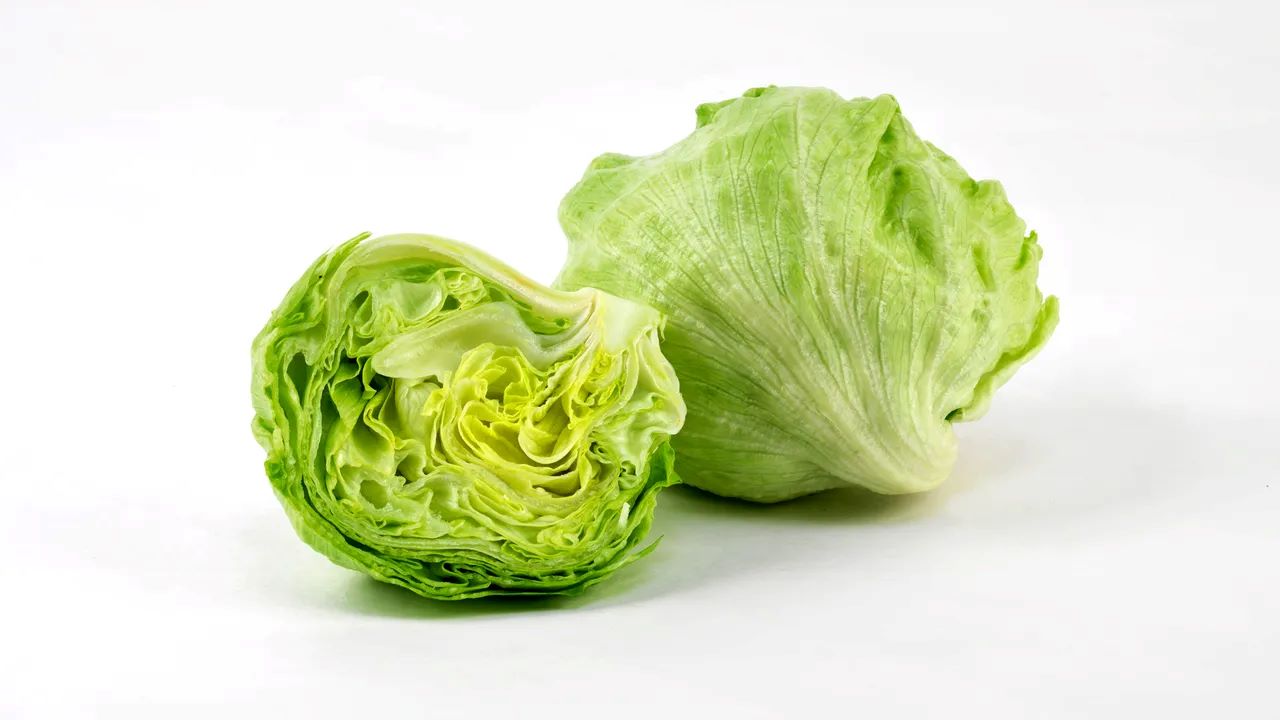
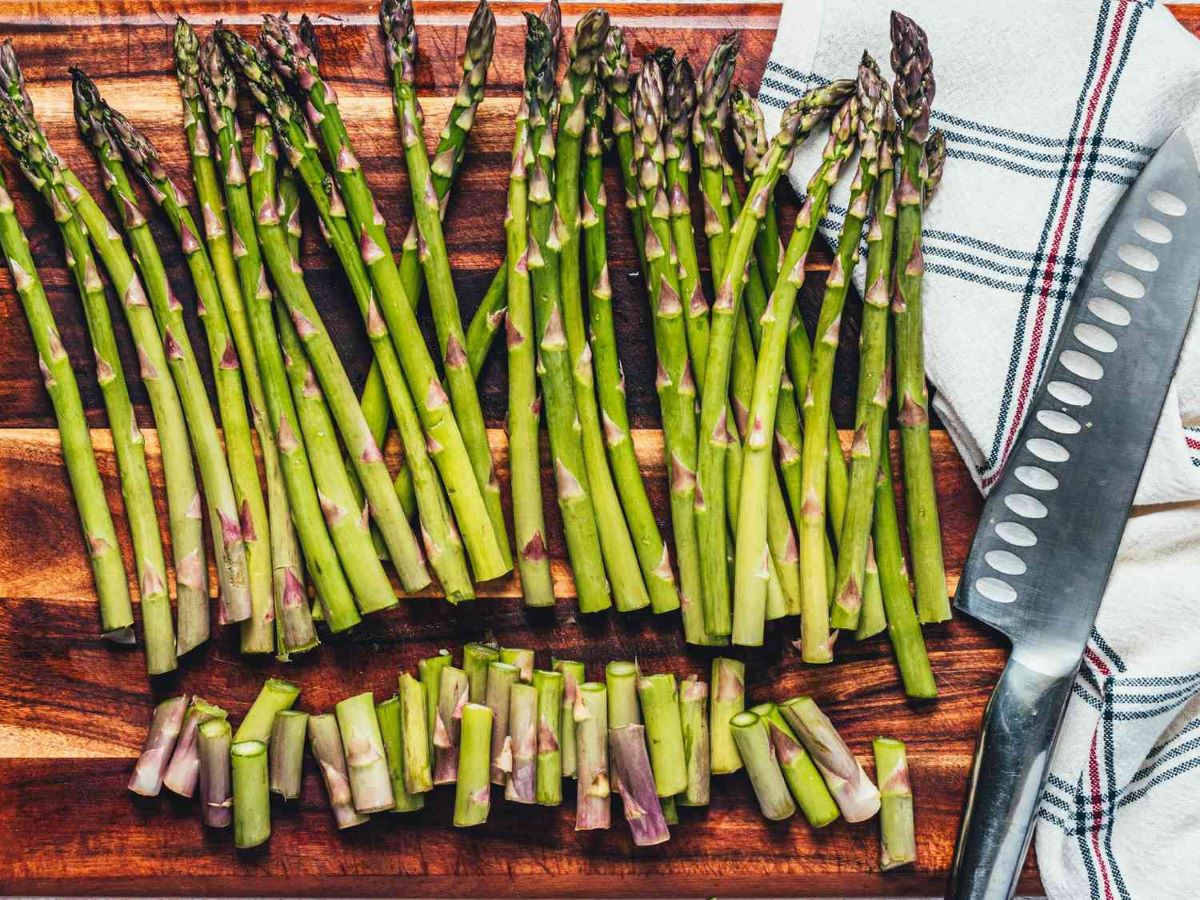
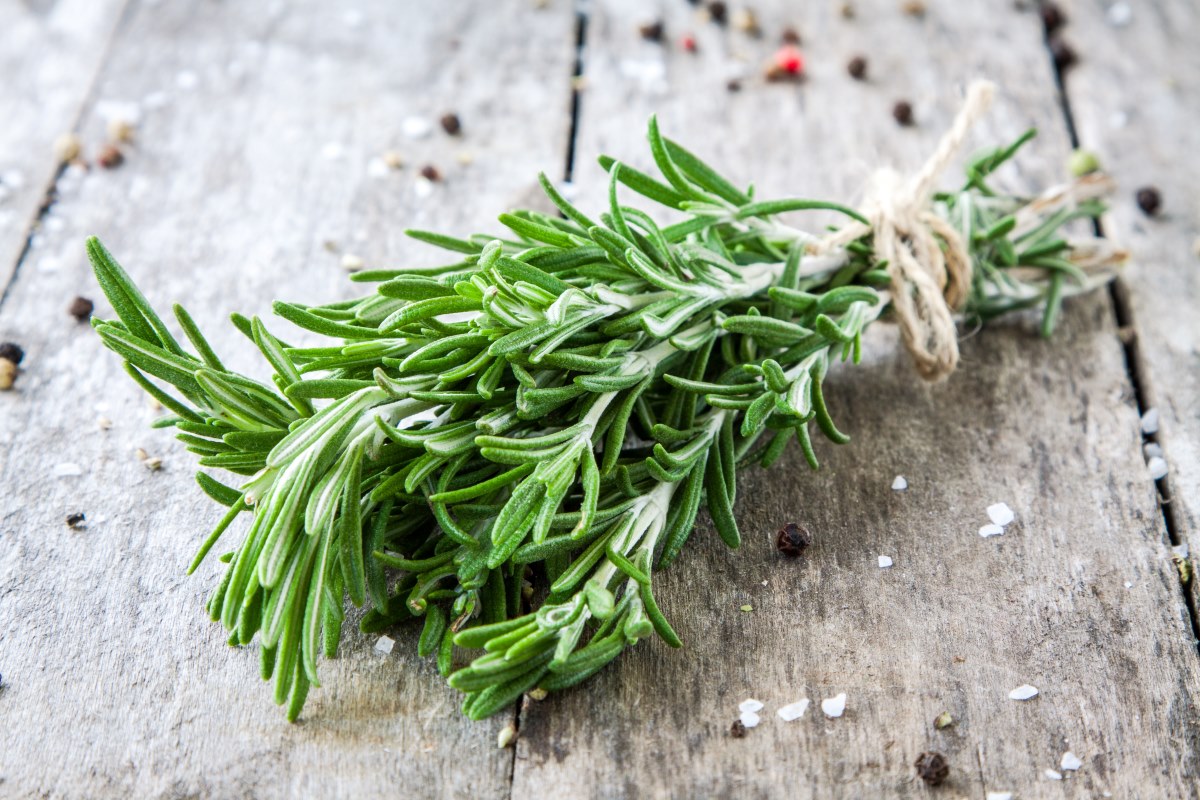
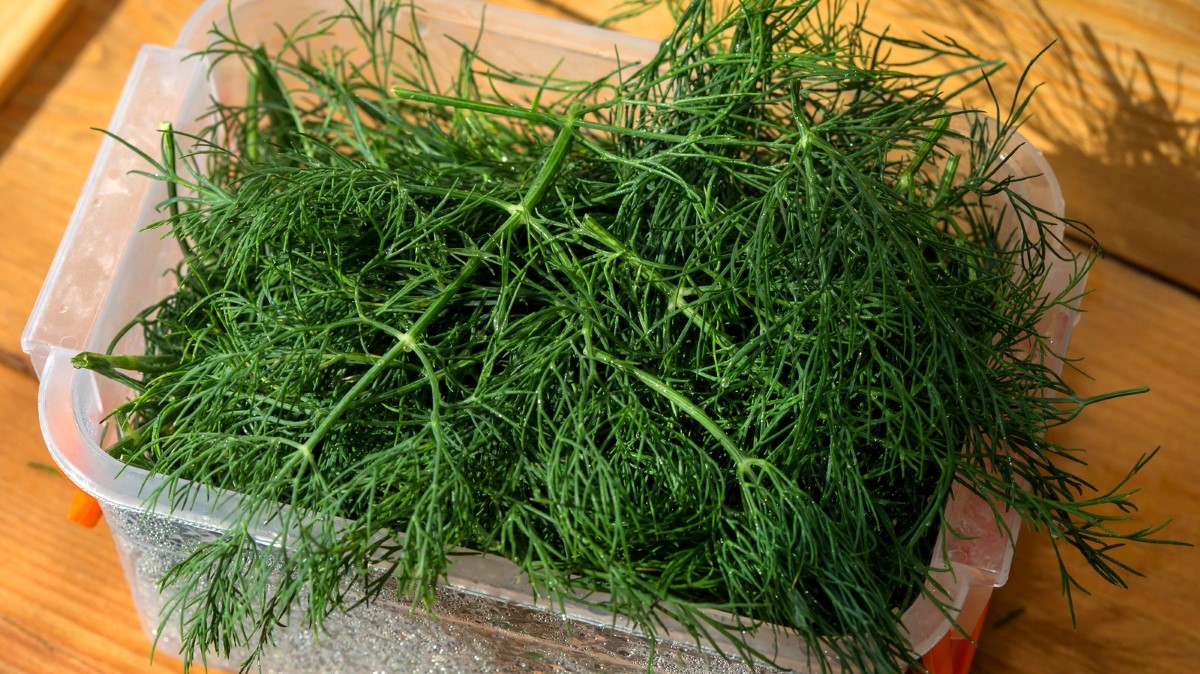
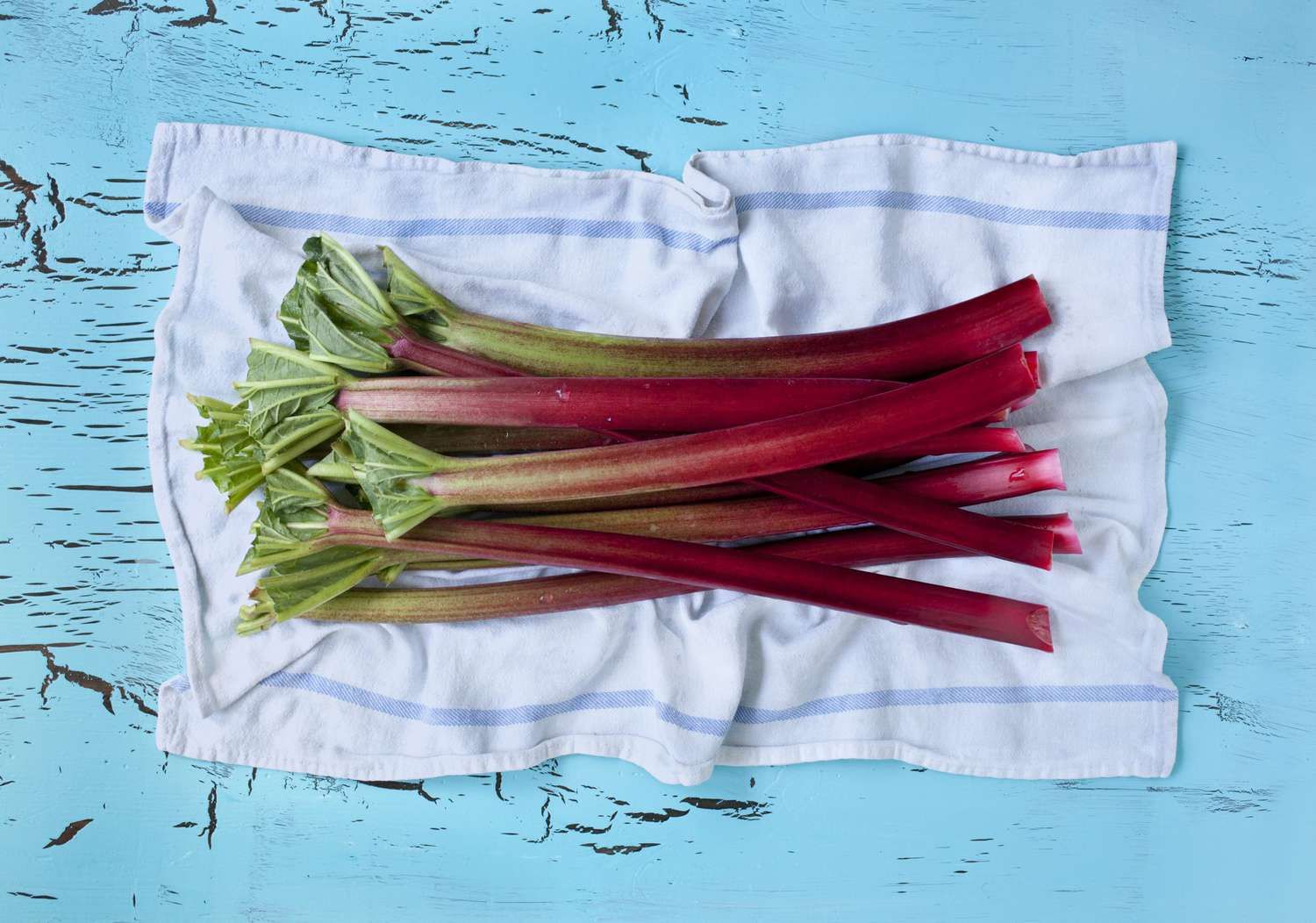
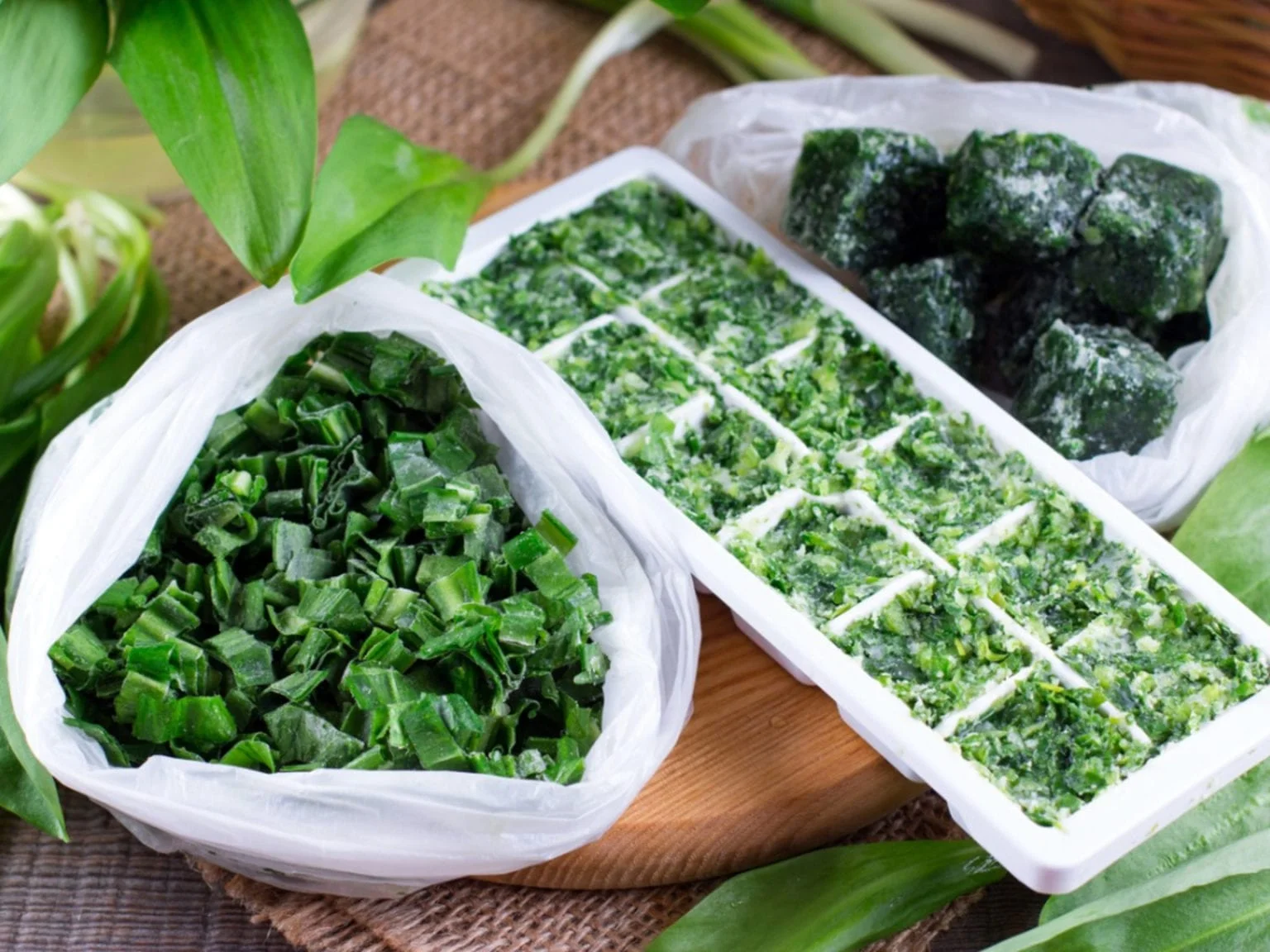
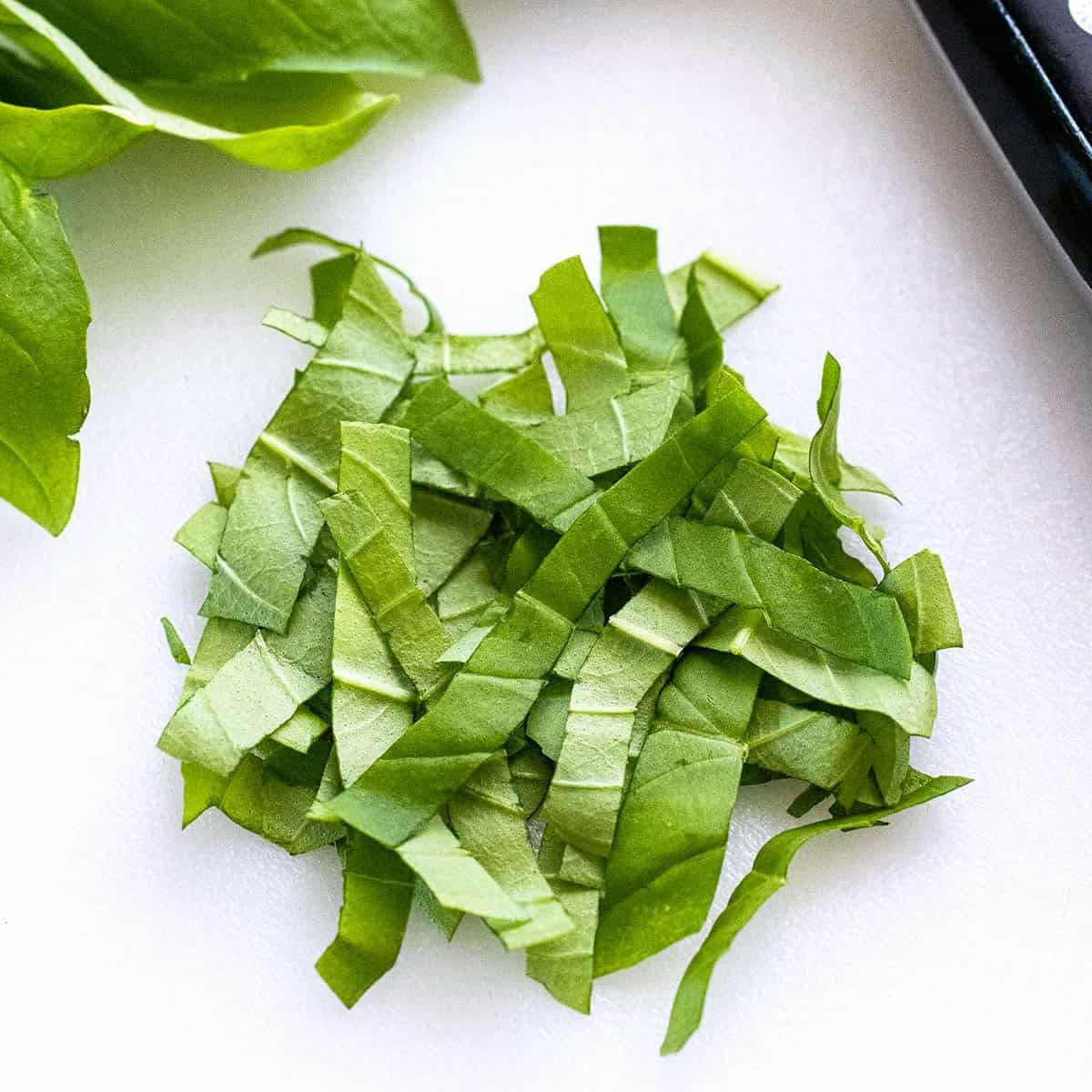
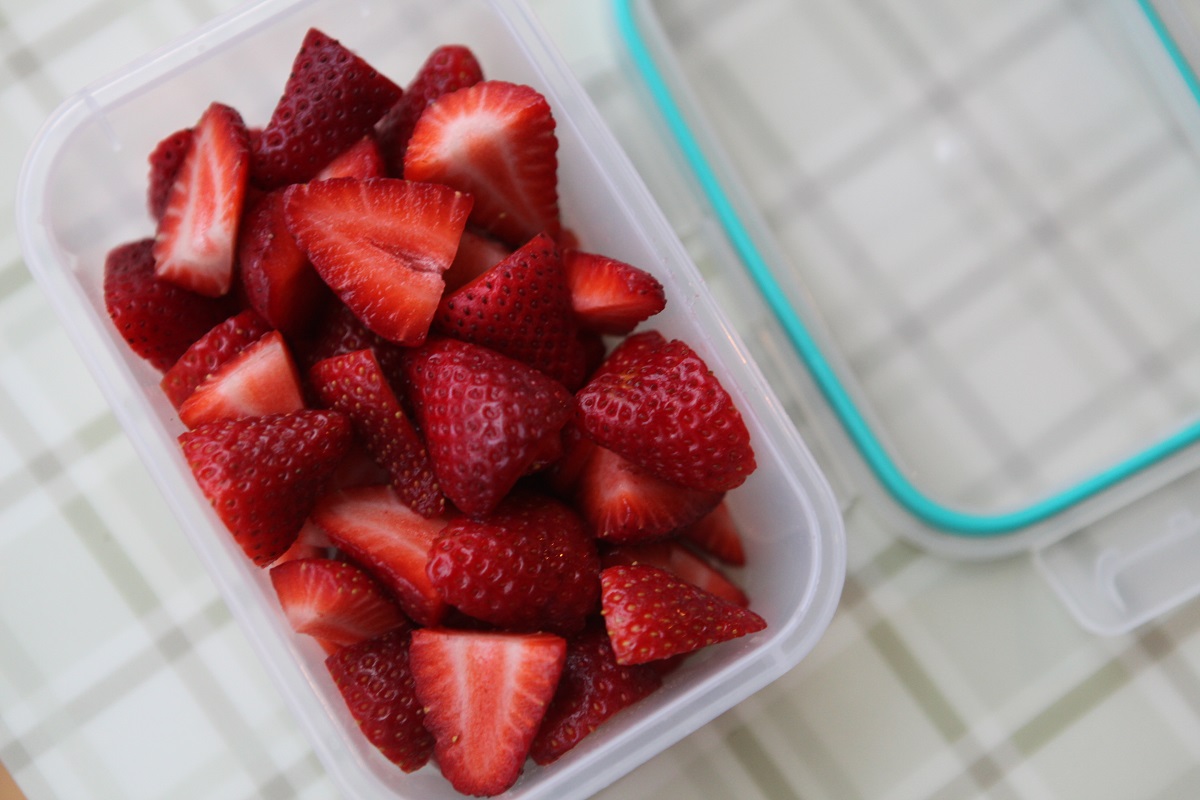
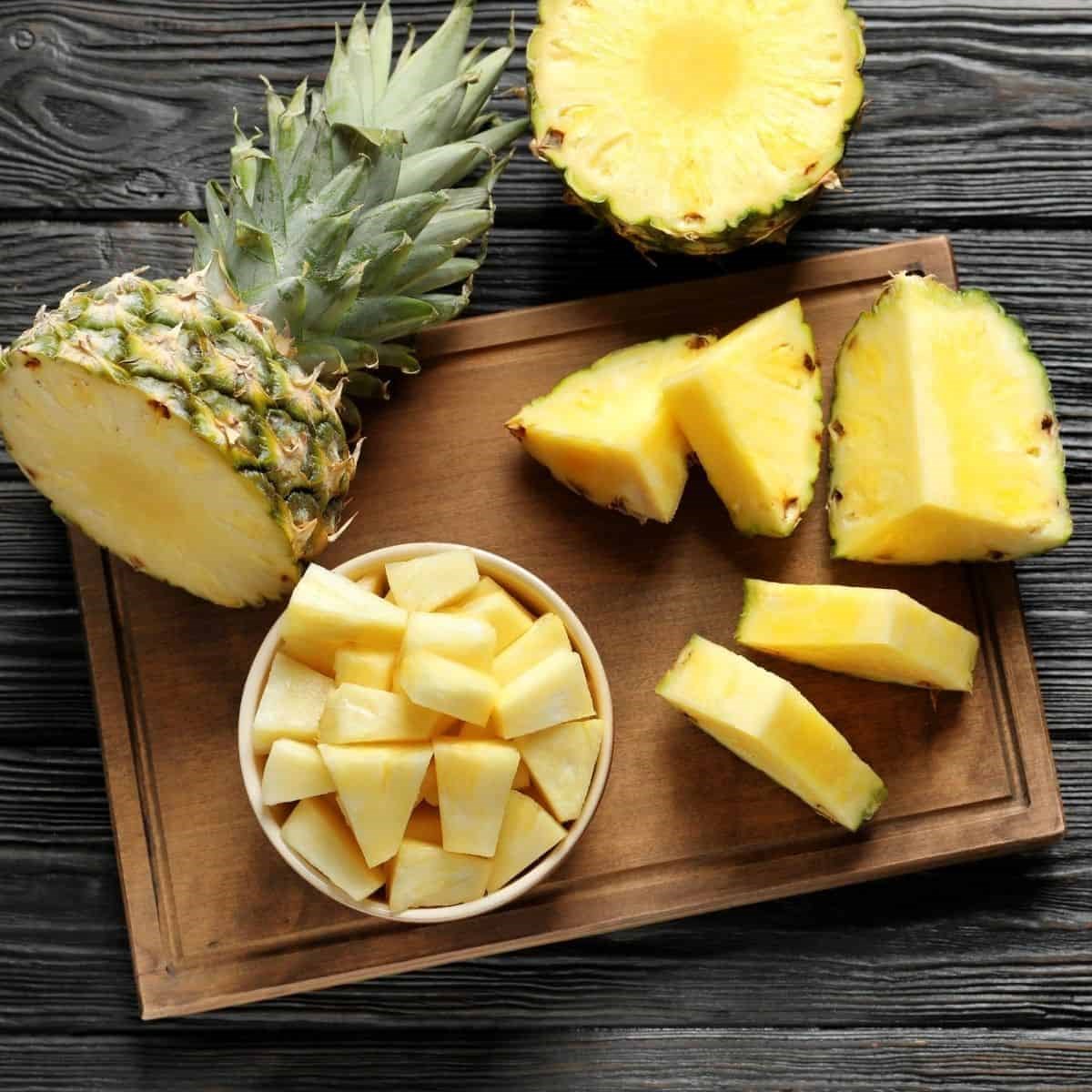
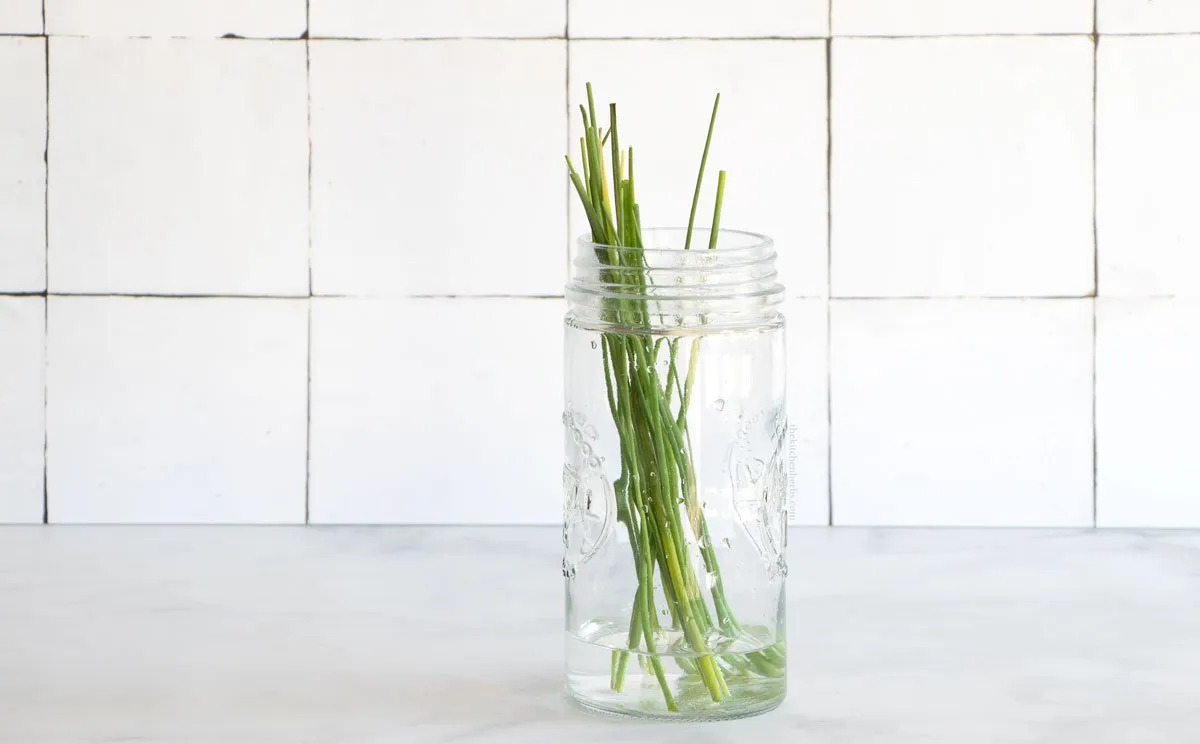
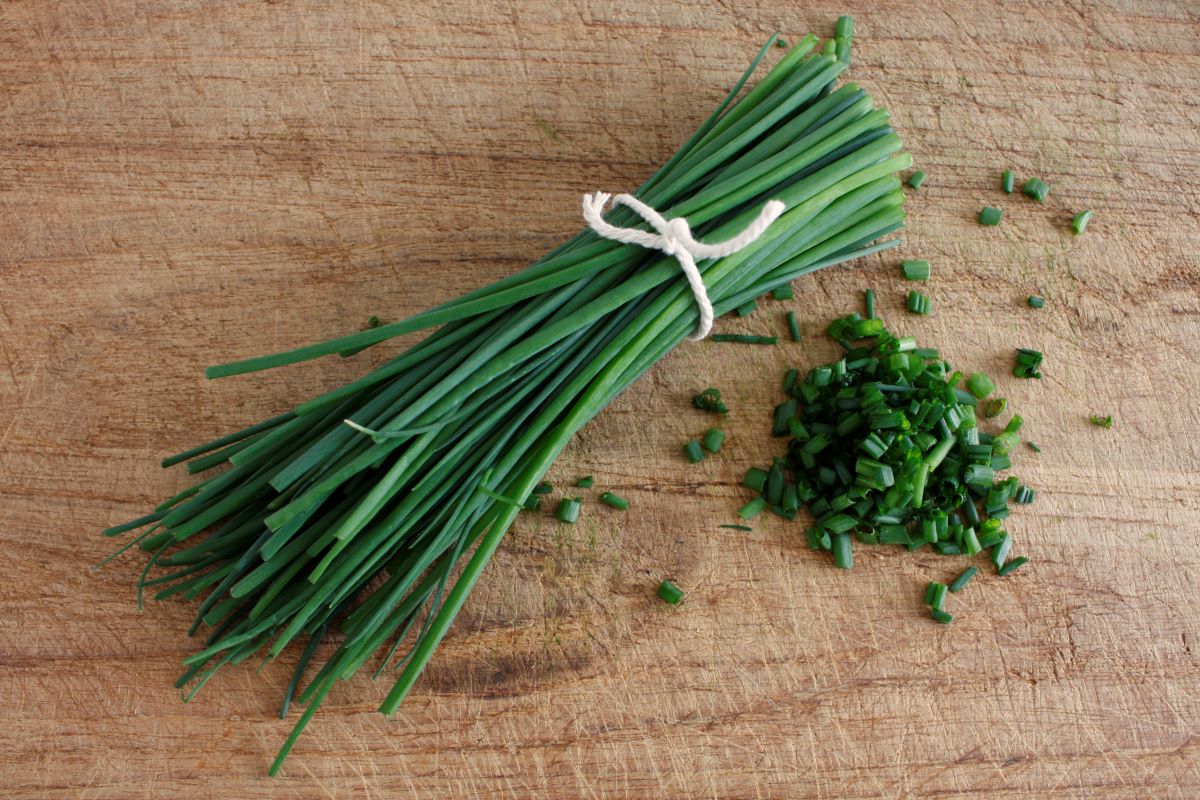
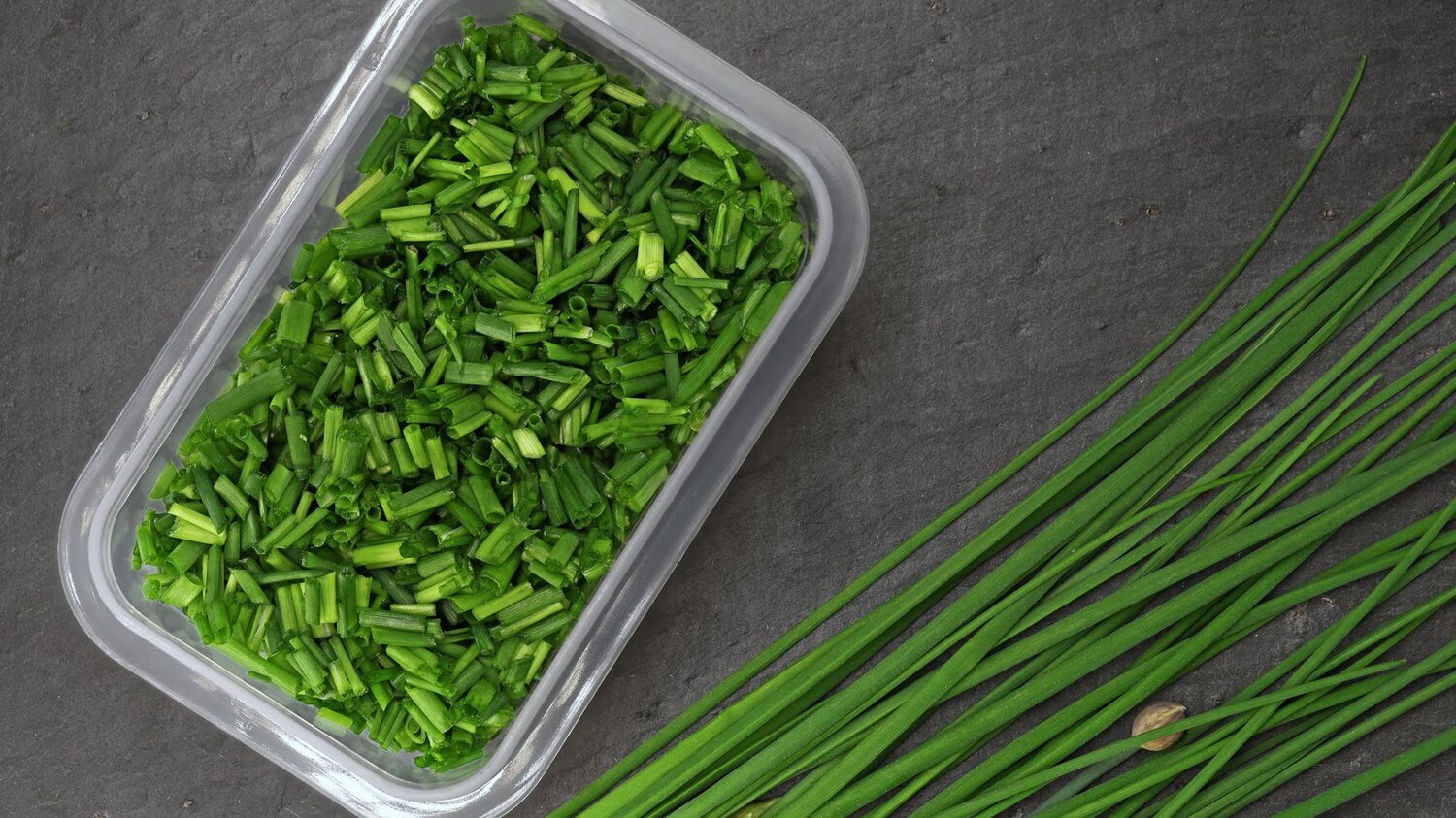
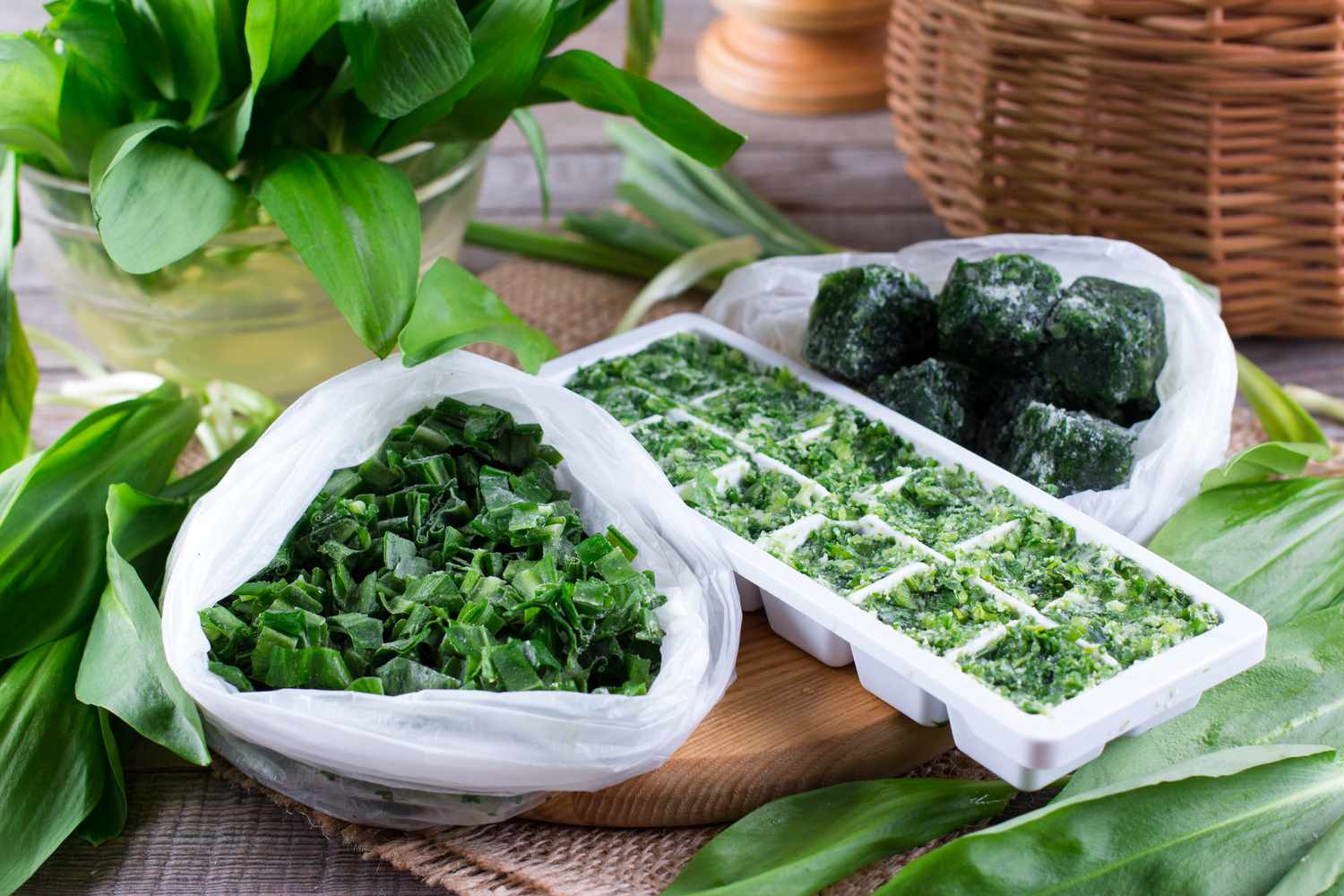

0 thoughts on “How To Store Fresh Cut Chives”